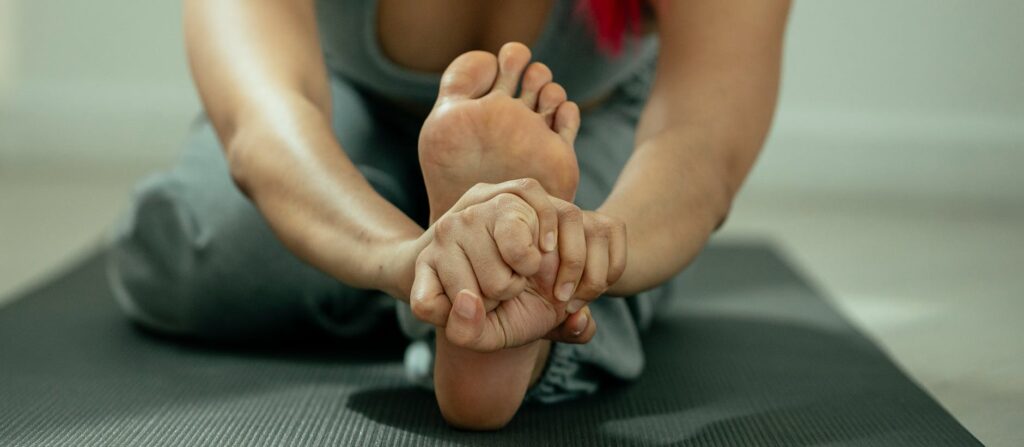What is exercise boosts?

What is exercise boosts?
Exercise boosts refer to the immediate and long-term benefits of physical activity on productivity, focus, and overall well-being. When you engage in regular exercise, you’re not just improving your physical health; you’re also enhancing your mental capabilities and emotional resilience. Whether you’re looking to increase your energy levels, sharpen your cognitive function, or simply improve your mood, understanding the concept of exercise boosts can be a powerful motivator to get moving.
Understanding Exercise Boosts
So, what exactly are exercise boosts? They encompass the heightened physical and mental performance that results from various forms of exercise. These boosts can manifest as increased energy levels, improved concentration, and an overall sense of well-being. The benefits are not just fleeting; they accumulate over time, contributing to better health and productivity.
The Science Behind Exercise Boosts
When you exercise, your body undergoes several physiological changes that contribute to these boosts. For instance, during physical activity, your brain releases endorphins, often referred to as “feel-good” hormones. These endorphins interact with the receptors in your brain, leading to a feeling of euphoria, often called the “runner’s high.” Additionally, exercise increases blood flow to the brain, enhancing cognitive function and clarity. To dive deeper into the science of how exercise affects your body, you can explore more on the Mayo Clinic’s article on exercise benefits.

Photo by Miriam Alonso
Types of Exercises that Provide Boosts
Different types of exercises offer unique benefits that can lead to significant boosts in energy and productivity:
-
Aerobic Exercise: Activities like running, cycling, or swimming can elevate your heart rate and improve cardiovascular health. They are great for enhancing stamina and endurance, leading to greater energy levels.
-
Strength Training: Lifting weights or doing bodyweight exercises increases muscle strength and can improve metabolic function. This not only helps you feel stronger but also boosts your confidence and body image.
-
Flexibility Workouts: Practices like yoga and stretching can enhance flexibility and reduce stress. These forms of exercise are particularly beneficial for mental clarity and relaxation.
By choosing a mix of these exercises, you can create a well-rounded fitness routine that maximizes the benefits of exercise boosts.
Short-term and Long-term Benefits
The benefits of exercise can be categorized into immediate and long-lasting effects. Both play a crucial role in enhancing your quality of life.
Immediate Benefits for Productivity
Have you ever noticed that after a quick workout, you feel more focused and energized? Short bursts of exercise can significantly enhance your concentration and productivity. Studies show that even a 10-minute walk can lead to increased alertness and improved mood throughout the day. So, next time you’re feeling sluggish at work, consider a brisk walk or a few jumping jacks to get your blood flowing.
Long-term Health Benefits
While short workouts can provide immediate boosts, consistent physical activity offers sustained improvements. Regular exercise contributes to resilience against stress, improved mood, and better cognitive function over time. It helps in building a strong foundation for mental health, reducing symptoms of anxiety and depression. For more details on how exercise can promote mental well-being, check out the Healthline article on the benefits of exercise.
Incorporating Exercise Boosts into Daily Life
Finding time for exercise amidst a busy schedule can be challenging, but incorporating exercise boosts into your daily routine is essential for reaping the benefits.
Micro Workouts for Busy Schedules
You don’t need an hour at the gym to enjoy exercise boosts. Micro workouts are short and effective routines that can fit into your day. For instance, you could do a quick set of push-ups during a break or take a brisk walk during lunch. Even simple stretches at your desk can make a difference. The key is to keep moving throughout the day.
Setting Realistic Exercise Goals
Setting achievable fitness goals is crucial for maintaining motivation. Start small; for instance, aim to exercise for 10 minutes a day, gradually increasing the duration and intensity as you build your routine. By setting realistic expectations, you’re more likely to stick to your goals and experience the benefits of exercise boosts consistently.
The Role of Exercise in Personal Development
Exercise goes beyond physical benefits; it plays a significant role in personal growth, discipline, and productivity.
Building Discipline and Routine
Committing to regular exercise fosters discipline, instilling habits that can improve other areas of life. When you dedicate time to your health, it encourages you to prioritize your responsibilities, leading to better time management and enhanced productivity.
Psychological Benefits of Regular Exercise
Staying physically active has profound mental health benefits. Regular exercise can reduce anxiety, enhance mood, and improve sleep quality. This means that not only are you getting fit, but you’re also nurturing a healthier mind. The relationship between physical activity and mental health is well-documented, and it’s a powerful reason to keep moving.
Conclusion
Recognizing exercise boosts is essential for personal development and productivity strategies. By incorporating even short bursts of exercise into your daily routine, you can improve your mental and physical well-being. Remember, it’s not just about working out; it’s about fostering a lifestyle that prioritizes health and vitality. So, embrace the power of exercise boosts and watch how they transform your daily life into a more energized and fulfilling journey.